The new recycling facility, located in Kuppenheim, Germany, will utilise an integrated mechanical-hydrometallurgical process.
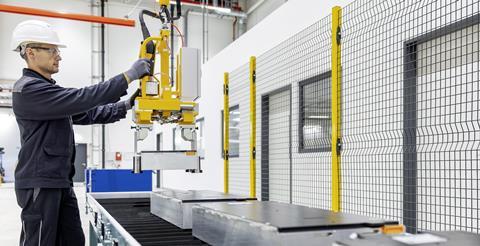
Closed loop or circular production and recycling processes are an important part of vehicle makers’ long-term sustainability strategies. The latest realisation of this is Mercedes’ new electric vehicle (EV) recycling plant in Kuppenheim. With an expected recovery rate of 96%, the company says that the plant will have an annual capacity to produce 2,500 tonnes of recovered materials that will feed back into the production of up to 50,000 battery modules.
The plant will use an integrated mechanical-hydrometallurgical recycling concept that covers all steps from shredding battery modules to drying and processing active battery materials. The mechanical process sorts and separates plastics, copper, aluminium and iron in a multi-stage process. The downstream hydrometallurgical process is dedicated to the recovery of the active materials that make up the electrodes of the battery cells. Valuable metals such as cobalt, nickel and lithium are extracted individually in a multi-stage chemical process.
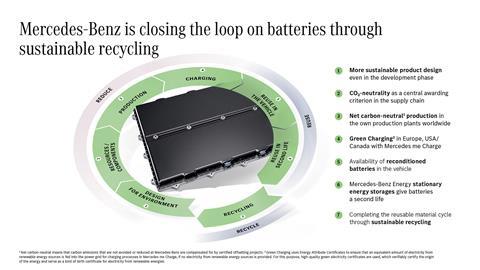
The company says the hydrometallurgical process is less intensive in terms of energy consumption and material waste, and that the plant will use 100% green electricity. The roof area of the 6800 sq.m building is equipped with a photovoltaic system with a peak output of more than 350 kilowatts.
Mercedes says it has taken a holistic approach to the circularity of battery systems that focusses on three core topics: circular design, value retention and closing the material loop. This development has been supported by work at the Mercedes-Benz eCampus in Stuttgart-Untertürkheim, which opened in 2024.
As part of this circular approach the company will also offer reconditioned batteries as spare parts for all its electric vehicles, with any batteries that are not suitable for vehicle use, being deployed in energy storage systems.
“We are systematically deepening our expertise in the battery value chain. Following the opening of the Mercedes-Benz eCampus for development of new battery cell chemistries in Stuttgart-Untertürkheim, we are now sustainably closing the raw materials loop in Kuppenheim,” says Jörg Burzer, Member of the Board of Management of Mercedes-Benz Group AG, responsible for Production, Quality & Supply Chain Management.





























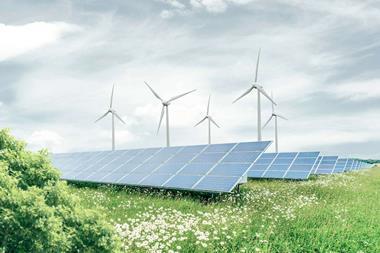
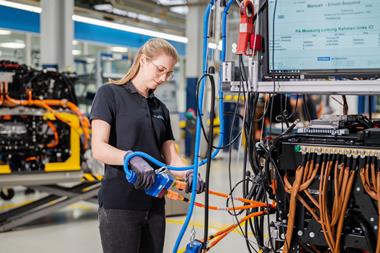

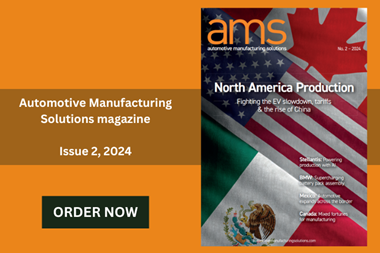
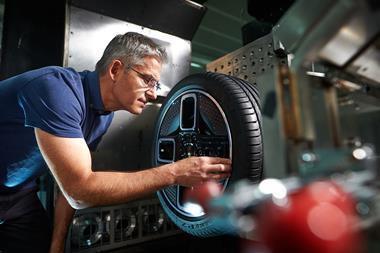
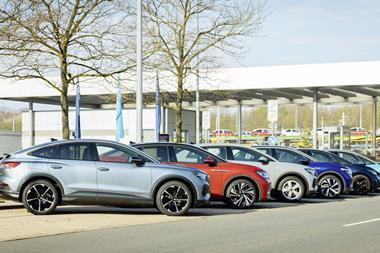



No comments yet